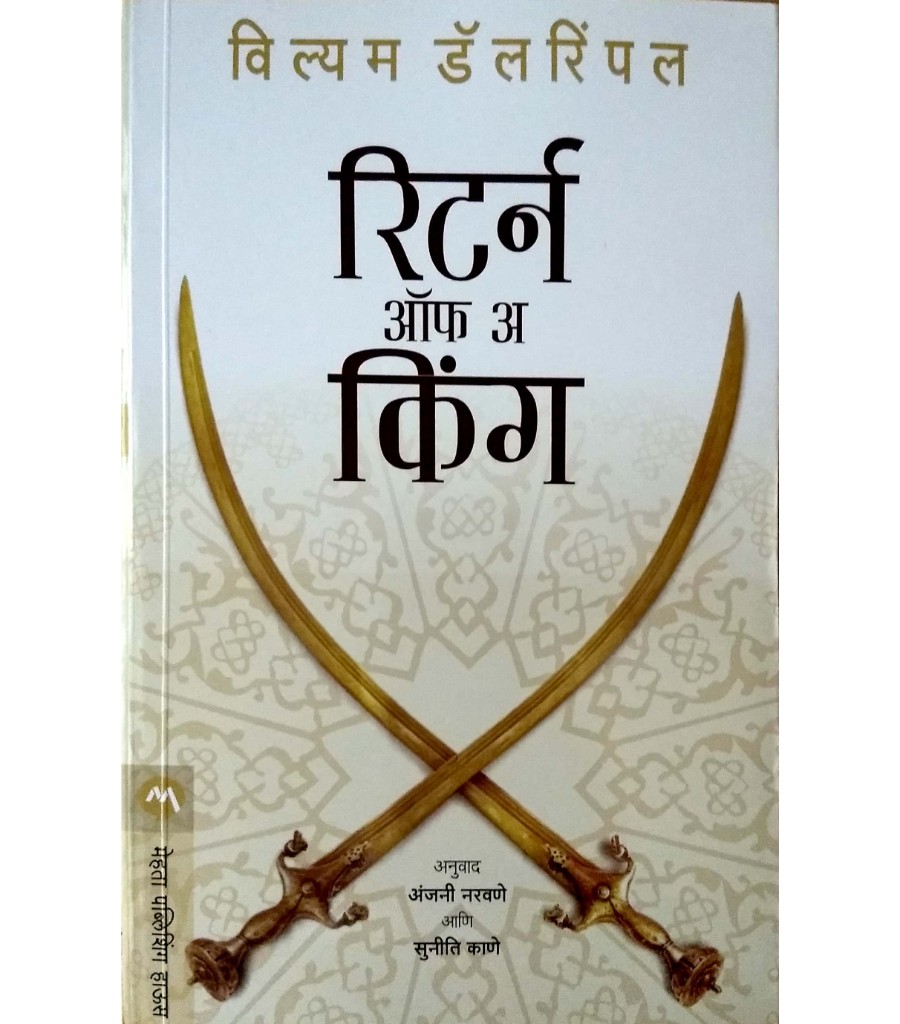


In neighbouring Pakistan, the Taliban created a climate of fear (an important weapon in their fanatic armoury) and tempted young men into a useless martyr's death. The US forces had intended to liberate Kabul from the Taliban, but Pentagon intransigence was no defence against Muslim fanaticism. In American eyes, all of Afghanistan was a target after the twin towers assault: there could be no innocent people in a "guilty" nation. Throughout, Dalrymple draws "clear and relevant parallels" (as he calls them) with Afghanistan today. However, his ties with the infidel British make him unpopular violence erupts in Kabul as anti-Shuja protesters take up arms. The king of the book's title – Shah Shuja – was a British appointment and gratifyingly pliable. The occupying British troops encountered hostility as they went about publicly drinking and whoring. The invasion, intended to thwart perceived Russian tsarist designs on the region, was achieved without difficulty the problem, as with subsequent invasions of Afghanistan, was getting out. According to Dalrymple, the Afghans regarded their deliverance from the British in 1842 as "their Trafalgar, Waterloo and Battle of Britain rolled into one".


 0 kommentar(er)
0 kommentar(er)
